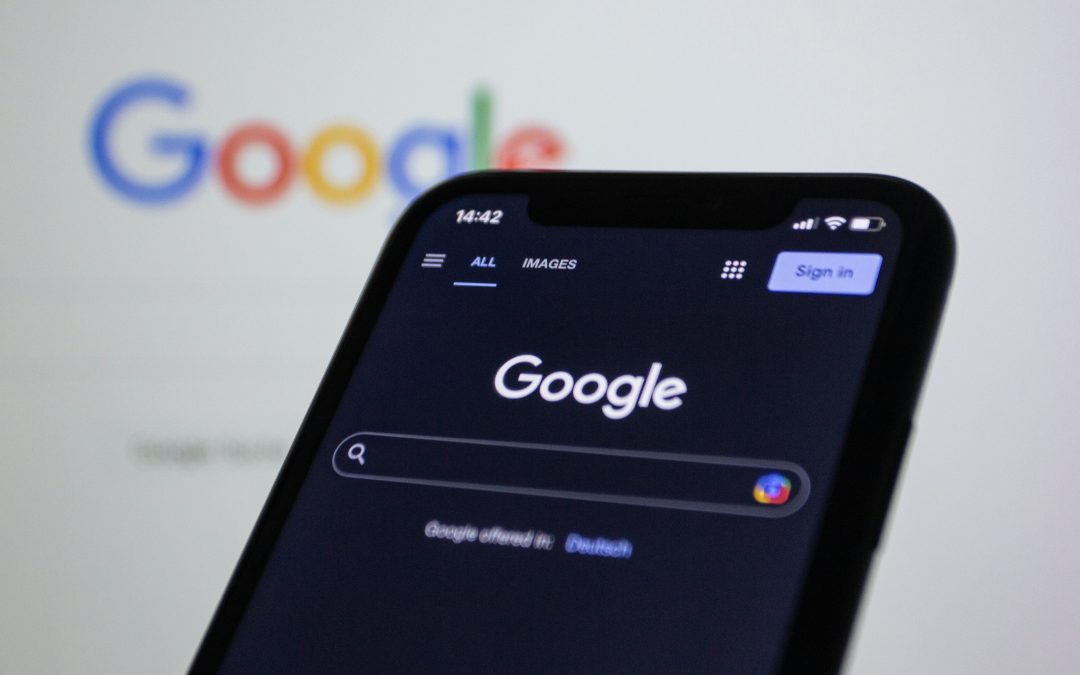Google has avoided the prospect of being broken up, but a judge has ruled that it must bring an end to its exclusive search default agreements. The tech giant may also be required to share certain data with its competitors.
The ruling means that while Google can continue to pay for prominent placement on platforms and devices, it is no longer allowed to insist on exclusivity in those deals. This marks a significant change to how Google maintains its dominant position in search.
Google has confirmed that it intends to appeal the decision, signalling that the legal battle over its business practices is far from over.
What The Judge Ordered
Judge Amit P. Mehta has ruled that Google can no longer enter into or maintain exclusive deals that link its services – including Search, Chrome, Google Assistant and the Gemini app – to other applications, licensing arrangements or revenue-sharing agreements.
While the company will still be permitted to pay for placement, the ruling prevents it from locking out rivals through exclusive contracts. This marks a significant shift in how Google can use its financial muscle to secure dominance.
The order also outlines that Google must make certain search and advertising syndication tools available to competitors at standard commercial rates. In addition, a degree of data sharing will be required for what the court calls “qualified competitors.”
Judge Mehta specifically instructed Google to provide selected search data to competitors under controlled conditions. The goal is to give rivals the opportunity to improve both the relevance of their results and their advertising revenue.
Google has raised concerns that such measures could jeopardise its trade secrets, and the company has made clear that it intends to appeal the decision.
The ruling goes beyond immediate restrictions, setting out a clear timetable for implementation. Judge Mehta has directed both sides to meet and agree on a revised final judgment by 10 September.
Once that judgment is entered, the remedies will come into force 60 days later. These conditions are expected to remain in place for a period of six years.
To ensure compliance, the ruling states that oversight will be handled by a technical committee, which will monitor Google’s actions throughout the duration of the order.
The final language of the judgment could still be adjusted depending on the submissions made by the parties involved. This means there could be further refinements before the remedies are formally locked in.
How We Got Here
In August 2024, Judge Amit P. Mehta ruled that Google had unlawfully preserved its dominance in general search and text-based advertising.
In his written opinion at the time, Judge Mehta stated plainly that Google was operating as a monopoly and had acted deliberately to protect that position.
That landmark judgment created the basis for corrective measures. The latest order does not call for the company to be broken up, but instead concentrates on how Google distributes its services and how it handles access to valuable data.
What’s Going To Change
The removal of exclusivity alters the way contracts for default search placements can be arranged across devices and web browsers. Mobile manufacturers and network providers may now have to revise their agreements to comply with the updated regulations.
That said, the judgment does not mandate any direct changes to the way users experience search, such as the introduction of a choice screen. The real impact will be shaped by how future agreements are drawn up and subsequently approved by the court.
Next Steps
If the final ruling mirrors the framework set out today, any changes are likely to be introduced gradually rather than all at once.
The key milestones to look out for include the revised judgment, which both sides are due to submit by 10 September. Following that, Google and its distribution partners will need to amend their contracts to remove exclusivity clauses in line with the new requirements.
Attention will also turn to any trial schemes or formal guidelines that clarify which companies count as “qualified competitors” and what level of data access they will be granted.
In addition, Google is preparing for a separate remedies hearing in the ongoing ad-tech case later in September. The outcome of that trial could bring further adjustments, particularly in the areas of digital advertising and performance measurement.
Looking Ahead
If both sides present a revised ruling by 10 September, the changes could begin roughly 60 days after the court issues its final order. However, the timeline may be delayed if Google secures temporary relief while pursuing an appeal.
In the immediate future, the most noticeable adjustments are likely to be seen in contract terms rather than in visible product changes for users.
The court’s ultimate decision will also clarify which competitors are granted access to Google’s data and the specific categories included. A narrow programme might have little effect on market dynamics, while a wider one could help rivals improve both their relevance and revenue over the six-year period.
Separately, attention will be on this month’s ad-tech remedies hearing. The outcome of that case, alongside the search remedies, will play a major role in shaping how Google approaches search and digital advertising in the years ahead.
More Digital Marketing BLOGS here:
Local SEO 2024 – How To Get More Local Business Calls
3 Strategies To Grow Your Business
Is Google Effective for Lead Generation?
How To Get More Customers On Facebook Without Spending Money
How Do I Get Clients Fast On Facebook?
How Do You Use Retargeting In Marketing?
How To Get Clients From Facebook Groups
